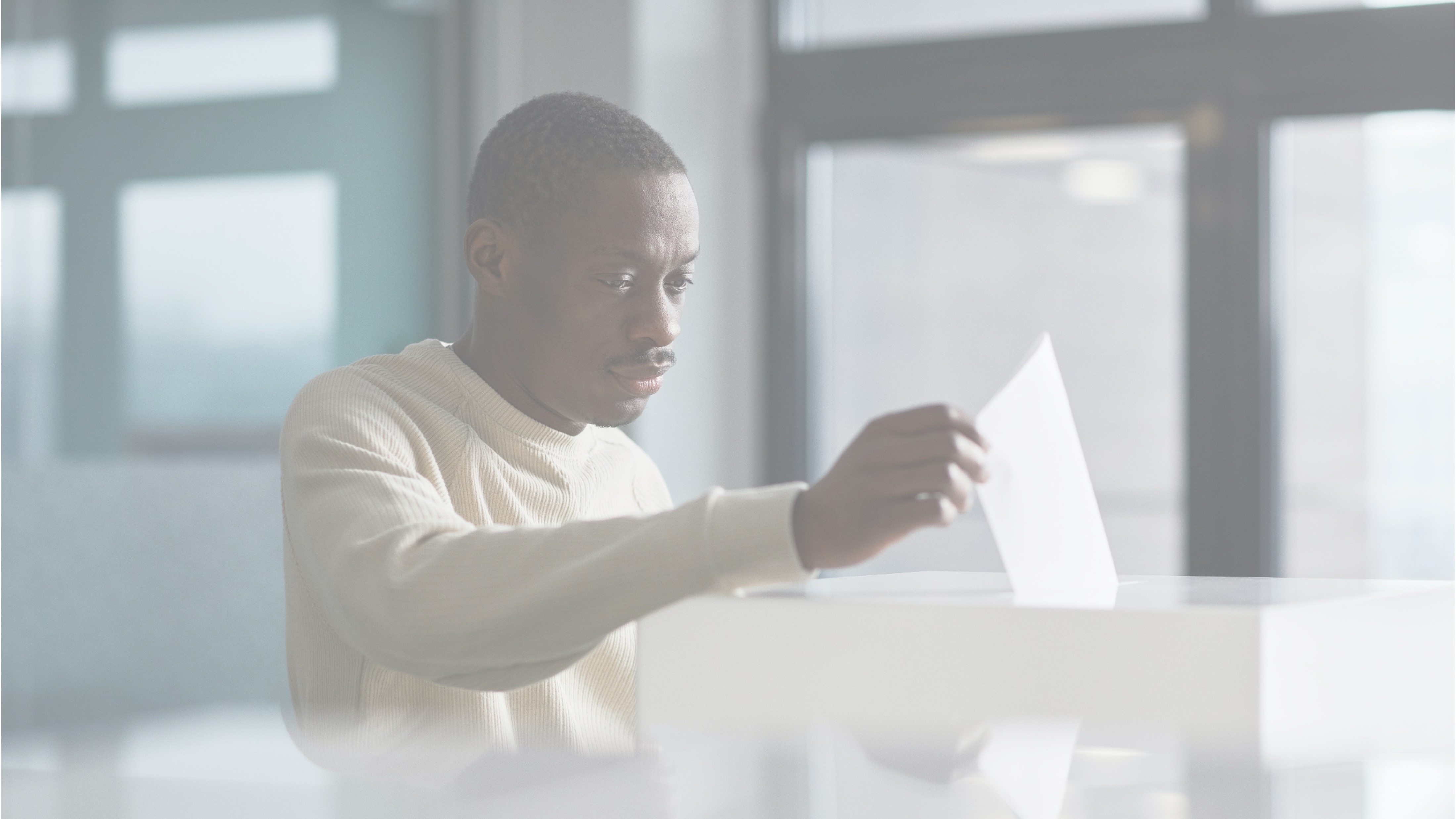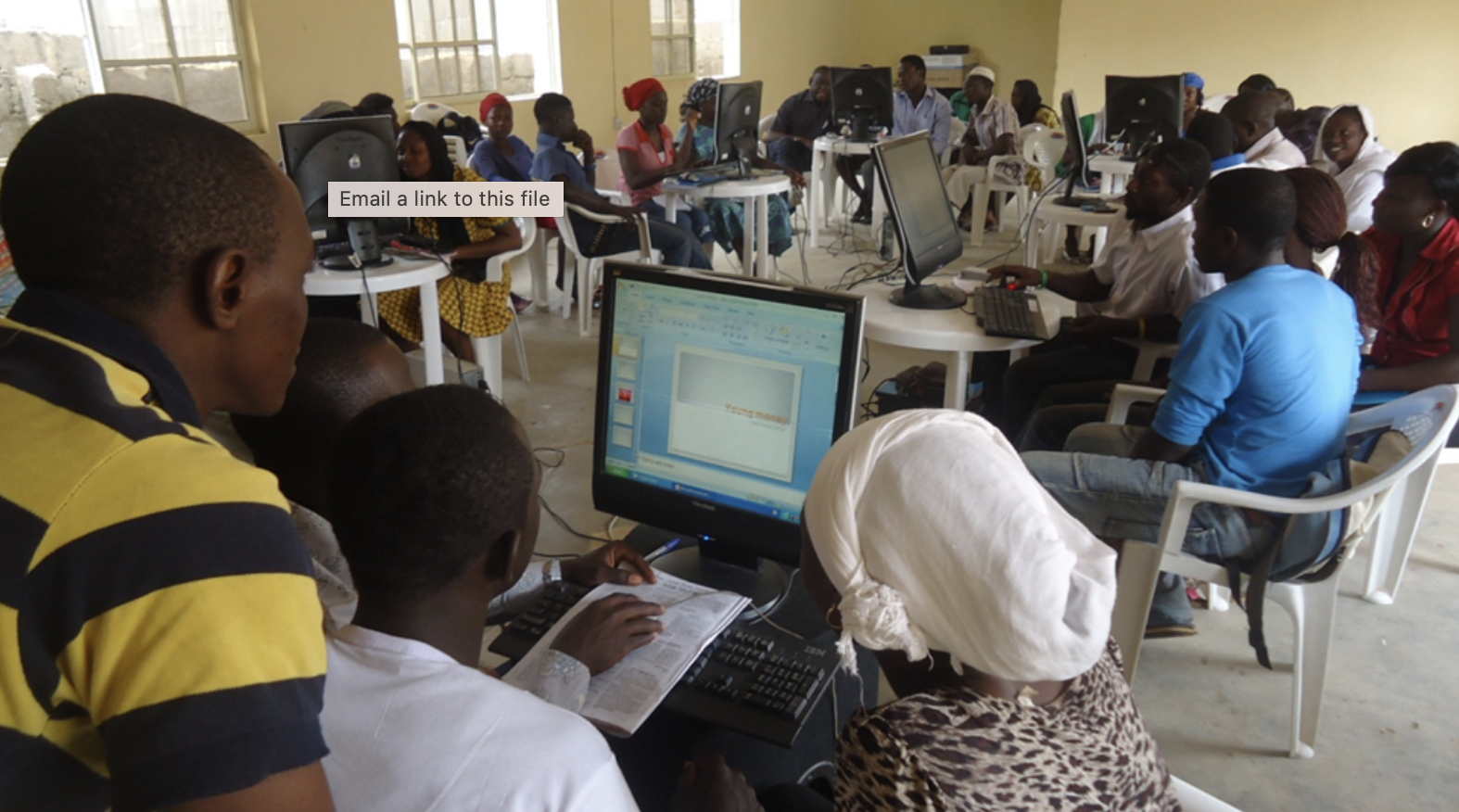News
Staggering Sums Aimed at Patching Relations Between Europe and Africa
The EU wishes to pour hundreds of billions into African infrastructure. The question is whether the aid is for Africa or for us?

There is a lot at stake when more than 40 African leaders meet with Danish Prime Minister Mette Frederiksen (Social Democrats) and other EU heads of state and government in Brussels this Thursday and Friday, as the relationship between them has long been tense. The EU countries are thus hoping that the two-day summit, combined with billions of euros in investments, can improve relations and concurrently help prevent any new major conflicts on the African continent.
Because, while most of Europe is preoccupied with the highly visible Ukraine conflict, other serious but somewhat less publicised crises are taking place south of the EU border.
Military coups, climate change, population growth and terrorist movements linked to both Islamic State and Al-Qaeda are just some of the most notable developments in Africa.
In addition, there is uncertainty around the situation in Mali, where a military junta has taken power, causing Denmark to withdraw its troops from the West African country last month. Furthermore, according to a number of international media outlets, the French President Emmanuel Macron is considering completely pulling the plug on the French-led mission in the country.
All of them are ingredients for a new influx of refugees and migrants towards Europe. That is why the EU countries are searching with a certain desperation for tools to help prevent the disasters that are currently taking place in a kind of slow motion, but that could give any European head of government the jitters.
Their noblest weapon to that end is called the 'Global Gateway'.
"The most reliable partner"
It is a new, comprehensive strategy by which EU countries will be seeking to increase their influence globally, not least in Africa, through billion-dollar investments in roads, railways, 5G mobile networks, fibre-optic cables and other infrastructure projects.
At the same time, they wish to use it to take up the fight with China, which in recent decades has invested billions of yuan in, inter alia, roads, train connections and bridges in African countries. That is because it has caused concern throughout the capitals of Europe, who fear the consequences if the Chinese are given too much say in Europe's backyard.
Last week, European Commission President Ursula von der Leyen announced that in the next seven years, more than DKK 1.100 billion will be mobilized for infrastructure projects specifically in African countries.
"In that area, Europe is the most reliable partner for Africa — and by far the most important," Ursula von der Leyen said regarding the many billion euros to be coming from both public coffers and from private investors.
And according to Richard Morrow of the South African think-tank Brenthurst Foundation, the Global Gateway is clearly the best mechanism for attempting to improve security in Africa.
"The EU needs a powerful tool that can generate economic development in Africa, which right now is the EU's best defence against all the foreseeable security challenges on the African continent. Posting troops one place and development aid somewhere else has not really helped the EU. But the hope is that Global Gateway can do that," he says.
FACT BOX: WHAT IS THE AFRICAN UNION?
The members of the African Union (AU) will be holding meetings with the EU countries this Thursday and Friday. The AU is Africa's equivalent of — you guessed it — the EU.
The goal of the organisation is to create peace, stability and sustainable growth on the African continent. At the same time, they aim to strengthen cohesion across the continent.
55 countries are members of the Union, although Sudan, Mali, Guinea and Burkina Faso are currently suspended due to military coups in those countries.
The EU-AU summit, held for the sixth in a row, will consist of seven round-table discussions between the countries. The Danish Prime Minister will be leading a discussion on climate change. She will also be participating in a discussion on migration.
The EU needs Africa
African leaders and the African Union are coming to Brussels with perhaps the best starting point for negotiations. There is no doubt as to the problems the continent is facing, and they know how important it is for the EU to do something about them.
They are also aware that there will be no worldwide 'green revolution' without Africa. Cobalt, lithium, copper and other important minerals needed to secure green products in the future will be sourced in Africa, and the EU is obviously not the only one wanting to get hold of such raw materials. It could make the EU inject even more money.
In addition, the cash flows from China are drying up.
"A combination of Chinese domestic economic challenges and a recognition that some of the investments made were not profitable has made the Chinese move their lending down a gear. In addition, the Chinese have achieved the influence they were hoping for in many countries," Richard Morrow explains, adding that several African countries have become sceptical of Chinese gifts, freeing up space for the EU.
However, it is the EU that has invested the most in Africa in recent decades. And the Confederation of Danish Industry (DI) takes a positive view of a closer cooperation between the EU and African countries, not least from a Danish perspective.
In 2020, Denmark's exports to Africa totalled more than DKK ten billion, and all the funds now to be provided by the EU are earmarked for the green transition.
"It's obviously such an beneficial solution for Danish companies working in the water sector, food area, health sector and in renewable energy," says Klaus Lehn Christensen, head of DI's East Africa office based in the Kenyan capital, Nairobi.

FACT BOX: THIS IS HOW MUCH WE TRADE WITH AFRICA
In 2020, Denmark's exports to Africa totalled approximately DKK 10.1 billion. That same year, Denmark imported African goods for almost DKK 4.4 billion.
In 2015, Denmark's exports to Africa totalled DKK 10.25 billion and imports from Africa DKK 4.5 billion.
Danish companies' primary exports to African countries are medical and pharmaceutical products, followed by machinery and equipment for industry, metal products and organic chemicals.
Source: The Confederation of Danish Industries
Different from China
On the other hand, Klaus Lehn Christensen also believes that Africans will be interested in cooperating with EU countries. Because, according to the DI Regional Manager, there is a clear difference in the way EU countries approach Africa compared to the Chinese.
"The Chinese lending models can be quite tough. One good example is the highway from the Ugandan capital, Kampala, to the airport, also called 'Africa's most expensive highway', which they borrowed money from the Chinese to build. Now that loan has to be paid back, and that is being financed through hefty tolls, so working for the Chinese is by no means free. I think we can do things differently there," he says, adding:
"We are not only offering loans, but moreover making investments in a future market to enable a fairer distribution of labour markets. In addition, we have know-how that Africans can benefit from. The problem with the Chinese projects is that the workforce is largely Chinese, but we would like to see the locals gaining skills and jobs," says Lehn Christensen.
The Global Gateway's investment in infrastructure is very broadly defined, so Richard Morrow from the South African think-tank is hoping that a decent portion of it will be invested in education.
"Obviously, you can get the most for your money there. It doesn't go as fast and isn't as visible, but if you are able to think long-term, it will really be able to make a difference," he says.
This article originally appeared on dr.dk (Danish)
Image source: NOOR KHAMIS © Ritzau Scanpix


